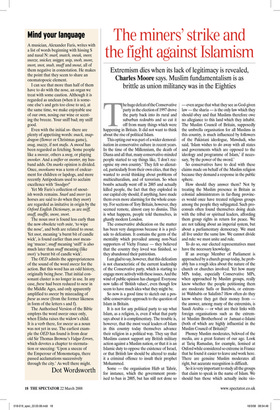Mind your language
A musician, Alexander Faris, writes with a list of words beginning with hissing S and nasal N: snarl, snatch, sneak, sneer, sneeze, snicker, snigger, snip, snob, snore, snort, snot, snub, snuff and snout, all of them negative in connotation. He makes the point that they seem to share an onomatopoeic element.
I can see that more than half of them have to do with the nose, an organ we treat with some caution. Although it is regarded as unclean (when it is someone else’s and gets too close to us), at the same time, we make enjoyable use of our own, nosing our wine or scenting the breeze. Your sniff bad; my sniff good.
Even with the initial snthere are plenty of appetising words: snack, snapdragon (flower or Christmas game), snug, snazzy, if not snafu. A snood has been regarded as fetching. Some people like a snooze, others a snog, or playing snooker. And a snifter or snorter, my husband adds. On snarks opinion is divided. Once, snookums was a term of endearment for children or lapdogs, and more recently Antipodeans used to acclaim excellence with ‘Snodger!’ Yet Mr Faris’s collection of snoutish words remains. Snarl and sneer (as horses are said to do when they snort) are regarded as imitative in origin by the Oxford English Dictionary, as are sniff, snuff, snuffle, snore, snort.
The noun snot is found less early than the now obsolete verb snite, ‘to wipe the nose’, and both are related to snout. Yet snot, meaning ‘a burnt bit of candle wick’, is found earlier than snot meaning ‘mucus’; snuff meaning ‘sniff’ is also much later than snuff meaning (like snot) ‘a burnt bit of candle wick’.
The OED admits the appropriateness of the sound of the word sneeze for the action. But this word has an odd history, originally being fnese. That initial consonant cluster is no longer in use. In any case, fnese had been reduced to nese in the Middle Ages, and only apparently amplified to sneeze by misreading of fnese as snese (from the former likeness in form of the letters s and f).
The Authorised Version of the Bible employs the word sneeze once only, when Elisha raises the widow’s child. It is a verb there, for sneeze as a noun was not yet in use. The earliest example the OED has found is from dear old Sir Thomas Browne’s Vulgar Errors, which devotes a chapter to sternutation or sneezing: ‘Upon a sneeze of the Emperour of Monomotapa, there passed acclamations successively through the city.’ As well there might.
Dot Wordsworth


















































































 Previous page
Previous page